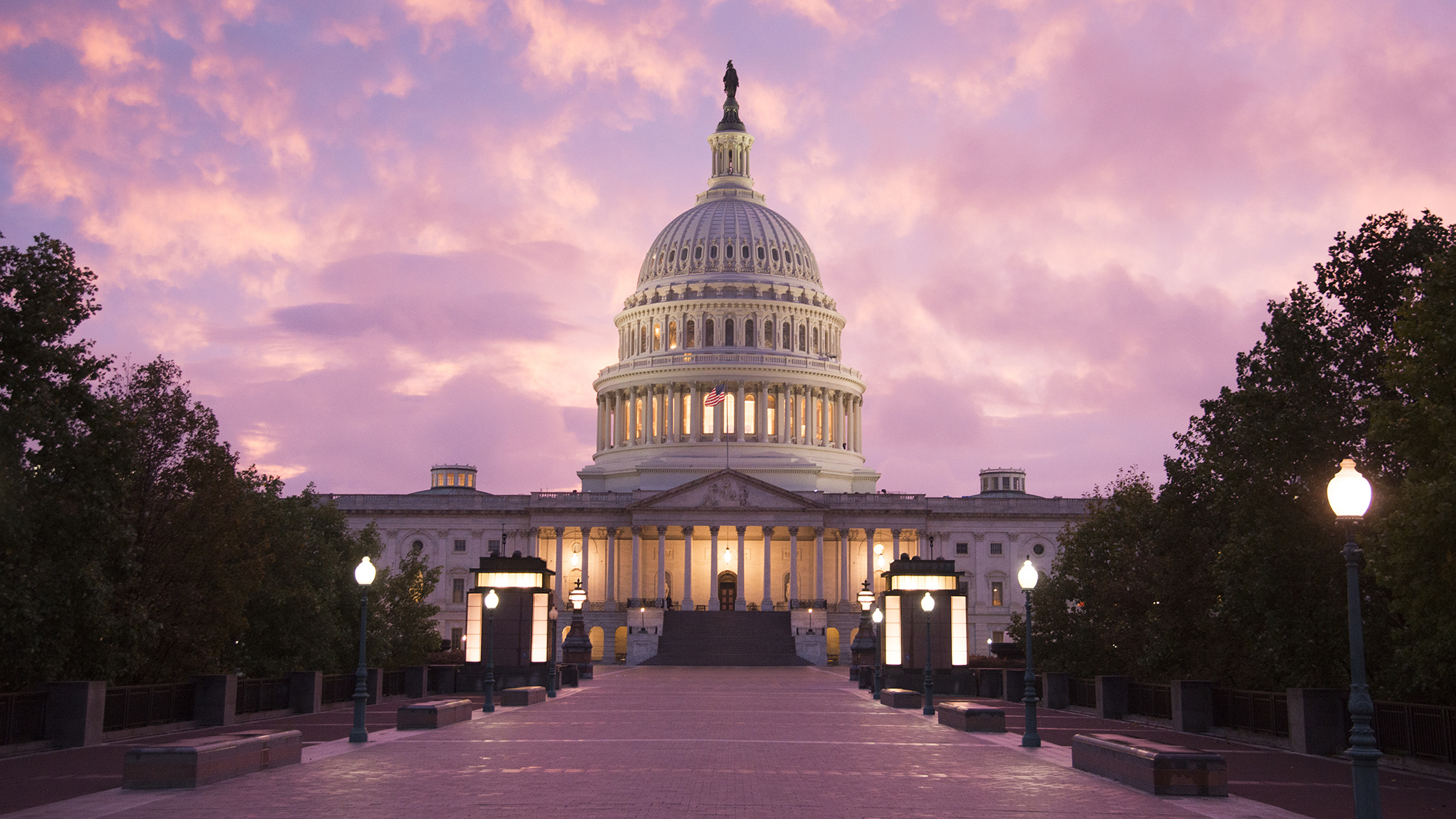From the Archives
Deepening our commitment to improving U.S. democracy
 MikeyLPT/Getty Images
MikeyLPT/Getty Images
Part of the promising growth is occurring in the important realm of ideas. When we launched the Madison Initiative, we were nearly a lone voice in nonpartisan philanthropy in sounding the alarm on political tribalism. That is no longer the case. Likewise with our efforts to strengthen Congress as an institution so that it can play its proper role in our system of checks and balances – i.e., making the nation’s laws, exercising the power of the purse, and overseeing the executive branch. When we emphasized these imperatives back in 2014-15, people thought we were on an eccentric’s if not a fool’s errand. In recent years, more of our peers and partners have come to recognize that the federal government can only be as healthy as its first branch.
As a private foundation, we are proscribed by law from supporting or opposing any candidate or party in an election. We honor not only the letter but also the spirit of this proscription, as we are convinced that philanthropy is best positioned to improve U.S. democracy by investing in ideas, institutional developments, and reforms that will come to fruition over periods spanning multiple election cycles, and that garner the support of leaders and parties on both sides of the aisle. Our new U.S. Democracy Program will be a purpose-built platform for that approach, and our grants in this field so far offer promise.
In addition, think tanks, scholars and congressional experts supported by Hewlett are aiding the efforts of the bipartisan House Select Committee on the Modernization of Congress that has made real strides in improving the capacity of that body over the past year. Others are highly engaged in ongoing efforts to reset the critical processes for budgeting, appropriations, and oversight in Congress, so that the first branch of government ceases to abdicate its constitutional responsibilities. Nonpartisan public interest groups that we have supported have helped advance the cause of ranked choice voting, with Maine recently joining localities around the country and becoming the first state to adopt this promising reform. Other grantees have begun making progress in turning campaign finance back into a bipartisan issue in Congress and at the grassroots level, and they have been instrumental in making data available to advocates, the media, and the public at large about who is funding whom in our politics. Researchers in the burgeoning field of digital disinformation have begun to produce a pioneering body of academic research on the impact of social media on democracy and elections, while also leading the fight for policy reform in Washington.
To be clear, this work is still nascent. We are seeing the kind of progress we hoped for, but a great deal more time and tending is needed to bring these efforts to fruition. In a time of unprecedented polarization, these groups are doing the spadework to strengthen democratic values and institutions, bridge divides, and find the common ground that will serve all Americans in the future. We believe their efforts will be aided by the kind of long-term, patient capital that we plan to provide and our overall approach—pragmatic, nonideological and willing to actively engage with grantees, funders, and leaders on both the left and the right.
Seven years into this work, we operate with an informed sense of cautious optimism—more convinced than ever that we must at least try to tackle this problem. We recognize we have even more hard work cut out in the years to come. But at such a critical moment for democracy, in the United States and around the world, pulling back and doing nothing is a bigger risk.
